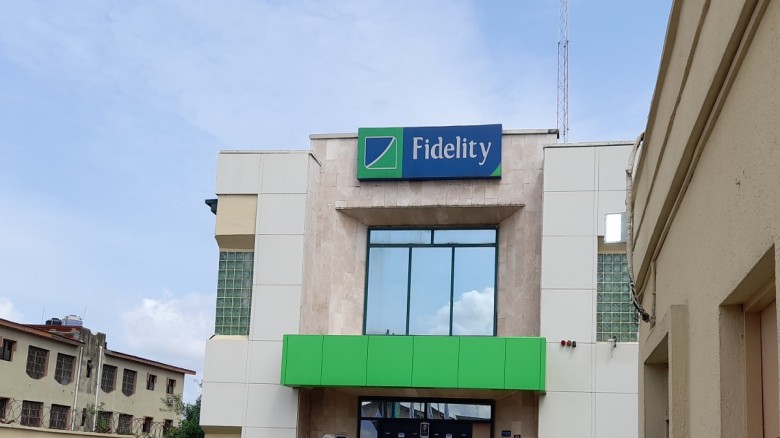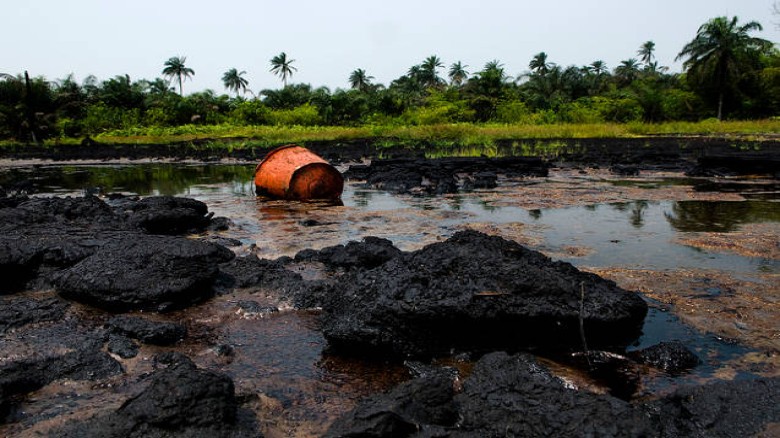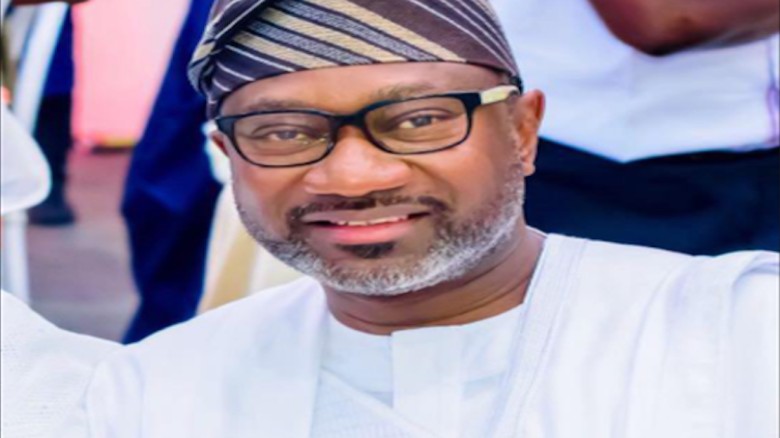Nigeria’s FX reserves rose to $45bn under my leadership – Obasanjo
Former Nigerian President Olusegun Obasanjo has revealed how he increased the country's foreign reserves from $3.7 billion to $45 billion during his eight-year tenure.Obasanjo revealed in an interview with News Central on Thursday that he took office with a significant debt burden. At the time, Nigeria's total debt was $36 billion, with debt servicing costs reaching $3.7 billion, while foreign reserves remained stagnant at $3.7 billion.
The former president detailed how, through consistent efforts to secure debt relief from international creditors, Nigeria's debt fell from $36 billion to $3.5 billion by the end of his tenure.
At the same time, the country's foreign reserves increased significantly, rising from $3.7 billion to $45 billion over that time period.
"When I arrived in 1999, I found $3.7 billion in reserves. And, as I previously stated, we were spending $3.5 billion to service debt. That is how we had. I left eight years later with debt relief.
"When I joined, we had a debt overhang of nearly $36 billion. By the time I left, after debt relief and clearing what we needed to clear, the amount of debt I left was between $3.5 and $3.6 billion, down from more than $3.6 billion or around $36 billion.
"At the same time, the reserve increased from $3.7 billion to $45 billion," Obasanjo stated.
Furthermore, the former president stated that he created the Excess Crude Account to manage budget surpluses from crude oil sales, eventually leaving a total of $25 billion in the account.
He stated that the budget under his administration was deliberately conservative, allowing the government to save the surplus in the ECA.
Obasanjo expressed regret that the treasury's savings had been depleted since he left office.
He pointed out that 17 years later, from 2007 to 2024, Nigeria's international debt is higher than it was in 1999, when his administration sought debt relief.
He attributed the situation to poor fiscal management and a lack of accountability in leadership and public service.
"The point is that I left in 2007, and now, 17 years later, in 2024, all of that money is gone. Not only that, but they had lost all of their earnings during that time period.
"We owe more today than when I took office in 1999. Why? Poor leadership, poor economic management, widespread corruption, and abrasive corruption, all of which contribute to poor leadership.
"Not given consequences; that if you do something wrong, you will face consequences. "I call it a lack of consequences and impunity," Obasanjo explained.
Nigeria has recently experienced a significant fiscal crisis caused by poor economic management, an escalating debt profile, and rising debt servicing costs.
These challenges have put enormous strain on the country's reserves, increased foreign debt, and depleted the national treasury.
By the second quarter of 2024, Nigeria's debt had risen to N134.3 trillion, the highest level in its history.
Furthermore, data from the Central Bank of Nigeria show that the Excess Crude Account now contains only $376,655, highlighting the country's declining revenue outlook.
























Leave A Comment